As an executive over 55, you’ve spent decades building a successful corporate career, but now it’s time for something new. You’re ready to transition into an encore career—one that allows you to use your experience and expertise to create a lasting impact and legacy. However, the journey to success in this new phase can be daunting. You may be facing challenges such as a loss of identity, uncertainty about the next steps, or a lack of familiarity with modern marketing methods.
That’s where Encore Career Mastery comes in. This comprehensive coaching program is designed to help you navigate the complexities of transitioning into an independent career, giving you the tools, strategies, and confidence to make the most of your second act.
In this blog post, we’ll explore the key elements that make Encore Career Mastery a transformative experience for executives like you.
1. Rediscovering Your Identity and Purpose
One of the biggest challenges that executives face when transitioning from corporate life is a loss of identity. For years, you’ve been defined by your role, your company, and your achievements. When you step away from that, it can feel like you’re left with a void.
Encore Career Mastery begins by helping you rediscover your true identity and purpose. This isn’t just about finding a new job or starting a new business—it’s about understanding who you are beyond your corporate role and what drives you to create meaningful work. Through guided self-reflection exercises and one-on-one coaching, you’ll explore your passions, values, and strengths, helping you craft a vision for your encore career that aligns with your personal and professional goals.
2. Building Your Personal Brand
In today’s competitive world, having a strong personal brand is essential for standing out in any field. Whether you’re launching a consulting business, writing a book, or speaking at events, your personal brand will be the foundation of your success. But many executives find themselves uncertain about how to brand themselves outside the corporate world.
Encore Career Mastery helps you define and build a personal brand that communicates your value, expertise, and unique perspective. You’ll learn how to leverage your wealth of experience to position yourself as an authority in your new career, establishing trust and credibility with your target audience. This process involves identifying your key strengths, crafting a compelling narrative, and developing a consistent message that resonates with potential clients, partners, and collaborators.
3. Mastering Marketing for the Independent World
Marketing yourself as an independent professional can be overwhelming, especially if you’re unfamiliar with modern marketing tools and platforms. However, effective marketing is a crucial part of creating a successful encore career. Encore Career Mastery provides you with the knowledge and skills you need to navigate the world of digital marketing, personal branding, and client attraction.
Through personalized coaching, you’ll learn how to use social media platforms like LinkedIn, Facebook, and Instagram to connect with your ideal clients and share your expertise. You’ll also gain insights into content creation, email marketing, and other strategies that will help you attract opportunities and build a sustainable business. By mastering these marketing techniques, you’ll be able to showcase your value and attract the right clients who resonate with your message.
4. A Supportive Community for Growth and Accountability
Transitioning into an encore career can sometimes feel isolating, but it doesn’t have to be. Encore Career Mastery provides you with access to a small, supportive group of like-minded executives who are on the same journey. Through group coaching sessions, you’ll have the opportunity to share your progress, ask questions, and gain insights from others who understand the unique challenges you face.
In addition to group coaching, you’ll also have ongoing access to a membership community where you can continue your personal and professional growth. This community offers a space for networking, accountability, and shared resources, ensuring that you never feel alone as you build your new career.
5. Creating a Lasting Legacy
At this stage in your career, you’re not just looking for a paycheck—you’re looking to make an impact. Encore Career Mastery helps you design a career that aligns with your desire to leave a legacy. Whether it’s through mentoring, speaking engagements, writing, or consulting, this program guides you in creating a business or career path that allows you to make a meaningful difference in the lives of others.
You’ll learn how to leverage your unique experiences and knowledge to contribute to causes that matter to you, while also establishing yourself as a thought leader in your field. Encore Career Mastery ensures that your second act is not just a career change—it’s an opportunity to build a legacy that reflects your values and makes a lasting impact.
Conclusion
Encore Career Mastery is the key to unlocking your full potential in your encore career. By focusing on rediscovering your identity, building your personal brand, mastering marketing, connecting with a supportive community, and creating a lasting legacy, this program offers everything you need to thrive in your next chapter. With the guidance and tools provided through this transformative coaching experience, you can confidently navigate the transition and make a meaningful impact for years to come.
Are you ready to embark on your encore career journey? Let’s get started today and book a call.









